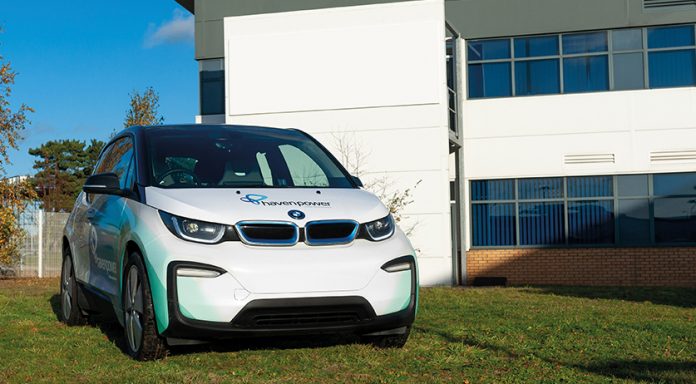In previous articles, Ipswich-based electricity and energy services provider Haven Power discussed how you can easily switch to renewable energy and ensure your employees engage with your sustainability journey.
This time, the company addresses the transformation of the energy market and associated technology developments, and what this might mean for your sustainability strategy and business success.
Blowin’ in the wind…
The UK has set its net-zero emissions target for 2050. Many generators have chosen to play their part in this decarbonisation drive by relying more upon solar photovoltaic (PV) or wind turbines for their power. While this is good news in terms of reducing emissions, it also means that the country will be more reliant upon intermittent, weather-dependent sources.
This reliance raises the issue of ensuring there’s enough power to meet demand. This is something that the new, decentralised “smart grid” should handle by replacing today’s centralised national network. This future system will use the data gathered from smart meters alongside an interconnected grid of smaller generators (plus existing national operators like Drax) to match supply with demand.
Put another way, the “smart grid” will balance the sun- and wind-generated electricity with sources of ‘dispatchable power’. Easy to turn on (of off) quickly and cost-effectively, this power is likely to come from existing, larger generators such as Drax.
This may create an opportunity for your business – as long as you can develop a small-scale solar PV or wind operation. Becoming a generator can both reduce your carbon footprint and allow you to sell any excess power (the electricity you don’t need to run your business) back to the Grid.
If you do have surplus electricity, you should also explore the viability of using battery storage technology. Generating your own power and then storing it can give you the option of reducing your peak time energy usage – and the associated costs – by using your stored power. This also allows you to benefit from Demand Side Response schemes that pay you for cutting down (or shifting) the amount of power you use when market demand is high.
What’s happening now?
In addition to these technologies, UK businesses are also considering electric vehicles as a means of achieving lower emissions.
For example, Drax employees in Ipswich travelled 5,007 km between October 2018 and May 2019 in the company’s electric vehicle (EV) pool car – preventing 1.4 tonnes of carbon dioxide emissions entering the atmosphere. The site’s also set to expand its EV fleet and add extra charging points to cope with the increasing demand from staff, customers and visitors.
Recently, Drax has also helped SES Water to lease 10 electric vans (taking that number of its diesel-powered fleet vehicles off the road) and to install 16 charge points. This is in addition to supplying the utility with 100% renewable power, backed by Renewable Energy Guarantees of Origin (REGOs).
What’s next?
Haven Power can support your business on its sustainability journey by helping you make sense of the array of technologies available – and ensuring you reap the benefits.





